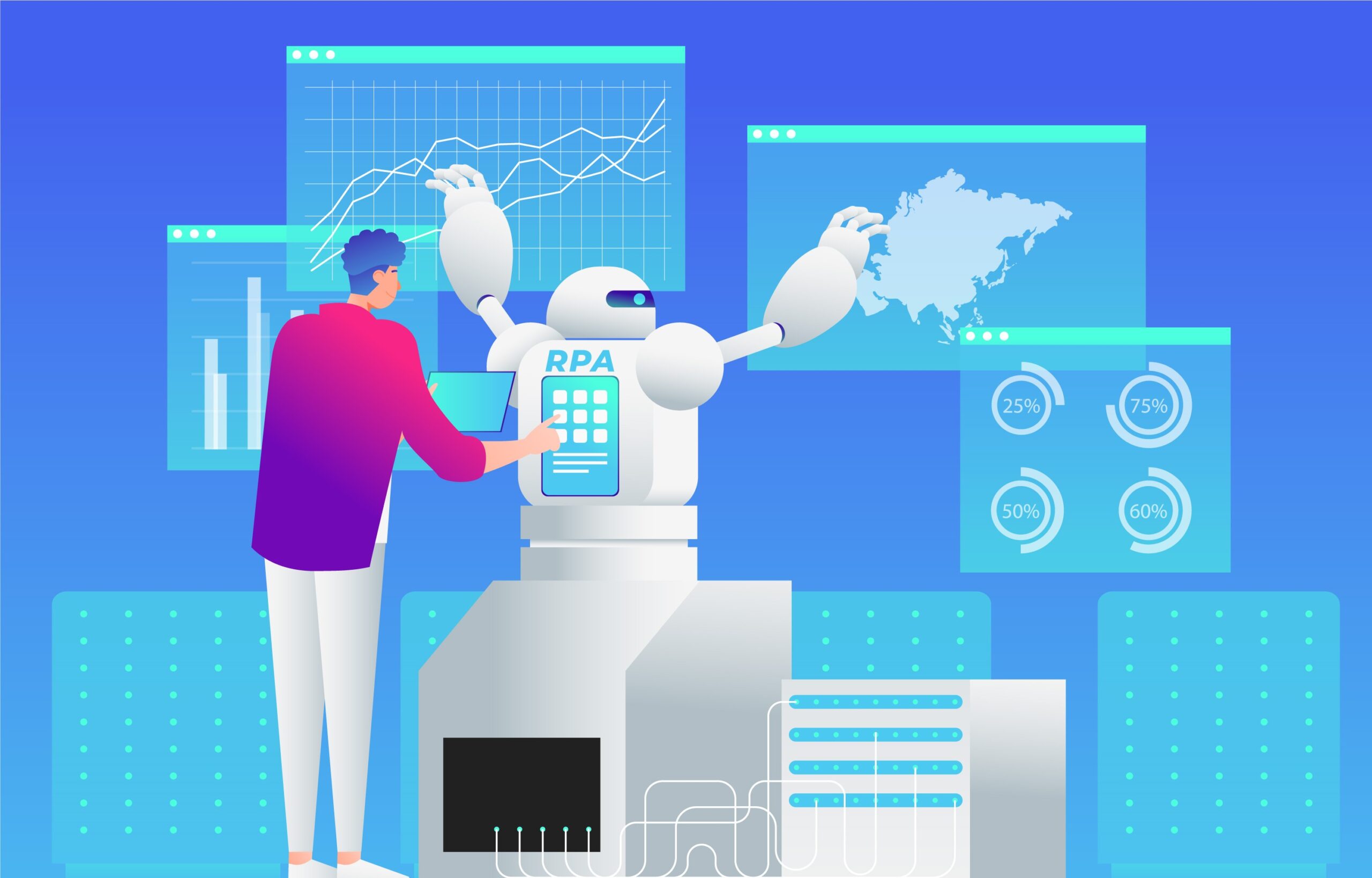Who Really Makes Your Business Decisions You or Your Algorithm?

In boardrooms across the world, strategy sessions now begin not with instinct but with dashboards. Charts, insights, sentiment analyses and AI recommendations fill the screens and often, the silence. Somewhere along the line, decision-making has started to feel automated.
Artificial Intelligence has undoubtedly amplified efficiency, pattern recognition, and predictive capability across industries. But quietly and steadily, it has also redefined how we think. The bigger question today is not whether AI will transform business it already has. The question is whether business leaders are still in charge of how decisions are being made.
This isn’t just a philosophical concern. It’s an operational one and at its core lies an emerging concept called Cognitive Sovereignty: the ability to retain control over our thought processes, attention, and decision frameworks in an age where algorithms increasingly shape what we see, believe and prioritize.
The Rise of Algorithmic Decision-Making
From SME entrepreneurs using digital marketing dashboards to multinational banks deploying credit risk engines, decisions today are deeply influenced by algorithmic logic. Businesses have outsourced not just data collection, but judgment.
Recommendation systems suggest what customers might want next. Predictive models forecast which employees might leave. Sentiment engines dictate brand tone. Even pricing, hiring, and compliance strategies are now partially automated.
The problem isn’t automation itself it’s the illusion of neutrality. Algorithms do not operate in a vacuum; they are trained on historical data that reflects human bias, institutional patterns, and market imperfections. When these models are presented as “objective,” they can reinforce systemic errors at scale.
In simpler terms: what looks like insight may just be influence.
The Invisible Drift: How Businesses Lose Cognitive Autonomy
The erosion of cognitive sovereignty doesn’t happen overnight it creeps in quietly, disguised as efficiency.
An SME might start relying on marketing AI to decide which products to push, letting engagement metrics dictate creativity. A finance team may depend on AI-driven forecasts, sidelining human judgment. Over time, the organization’s cognitive bandwidth narrows decisions become data-justified rather than data-informed.
This drift is dangerous because algorithms are optimised for engagement, not enlightenment. They amplify what performs, not what transforms. A retail brand’s visibility strategy becomes captive to platform logic. A hiring process reflects the biases encoded in its data history. Even leadership discussions start revolving around “what the model says” instead of “what the market needs.”
The result? Leaders stop questioning the framework of their own decisions.
The Business Cost of Blind Automation
For small and medium enterprises, this cognitive capture can have tangible consequences. SMEs often adopt digital tools designed for scale economies that don’t align with their context. AI-powered solutions promise precision but often deliver dependency.
When algorithms start dictating demand forecasts, product designs or choices without oversight, SMEs risk losing their agility the very trait that defines their strength. The strategic vision becomes algorithmically narrow, optimized for short-term clicks or conversions rather than long-term resilience.
Moreover, as AI models become more sophisticated, explainability becomes weaker. Why an algorithm rejected a loan applicant, or prioritized one supplier over another, might remain a black box. This opacity not only challenges transparency and compliance but also dilutes accountability who owns a wrong decision made by an autonomous system.
For a sector built on entrepreneurial instinct, that’s an existential dilemma.
Cognitive Sovereignty: The New Frontier of Leadership
To navigate this new reality, business leaders must see cognitive sovereignty as a core pillar of digital strategy not as an abstract ethical idea, but as an operational necessity.
In essence, cognitive sovereignty is about reclaiming control over how your organization thinks. It means ensuring that technology assists, not dictates human judgment. That leaders remain architects of context, not consumers of algorithmic certainty.
Much like financial sovereignty protects national economies, cognitive sovereignty protects organizational intelligence. It requires:
- Algorithmic Awareness understanding how digital tools shape decision flows, what data they’re trained on, and where biases might reside.
- Human-in-the-Loop Governance embedding review mechanisms where critical business decisions especially around credit, hiring, pricing or risk are validated through human context.
- Ethical AI Frameworks setting internal policies that prioritize transparency, explainability and fairness in algorithmic use.
- Digital Literacy for Leaders building capacity to question, interpret and challenge AI outputs.
For SMEs, this may sound ambitious, but it begins with a simple shift: treating digital tools as collaborators, not commanders.
From Data Sovereignty to Cognitive Sovereignty
The world has already recognized the importance of data sovereignty who owns data, where it’s stored, and how it’s used. But as AI becomes the decision engine of business, the next battle is about cognitive sovereignty who owns the thinking behind that data.
Nations are moving in this direction. The EU’s AI Act and India’s upcoming frameworks under the Digital India Act both emphasize explainability, fairness, and accountability. But governance can’t be left to regulation alone; it has to start in the boardroom.
For India’s MSMEs, the stakes are even higher. These enterprises are adopting digital platforms faster than ever from payments to logistics to HR but often without a clear understanding of how these systems influence their decision architecture. Building awareness around cognitive sovereignty isn’t just about ethics; it’s about competitiveness.
The Human Advantage: Thinking Beyond the Algorithm
Technology should expand human creativity, not compress it. Yet, in the rush to automate, we risk outsourcing our most valuable capability discernment.
Leadership in the AI era will increasingly depend on the ability to blend machine intelligence with human intuition. The most resilient organizations will not be those that trust AI unconditionally, but those that train it conscientiously and question it intelligently.
The future of smart business isn’t about replacing people with algorithms. It’s about designing systems where people remain cognitively sovereign empowered to make decisions rooted in data, but guided by ethics, empathy and foresight.
As one global strategist recently put it, “AI is a co-pilot, not a conscience.”
The Mind as the Final Frontier
Every great transformation brings its own invisible trade-offs. The industrial revolution mechanized labor; the digital revolution is mechanizing judgment.
But unlike machines, minds can reclaim control. Businesses that recognize cognitive sovereignty as a strategic asset will not just survive the AI age they will define it. Because in the end, leadership isn’t about predicting the future; it’s about thinking freely enough to shape it.
And so, the question remains: Who really makes your business decisions you or your algorithm?











